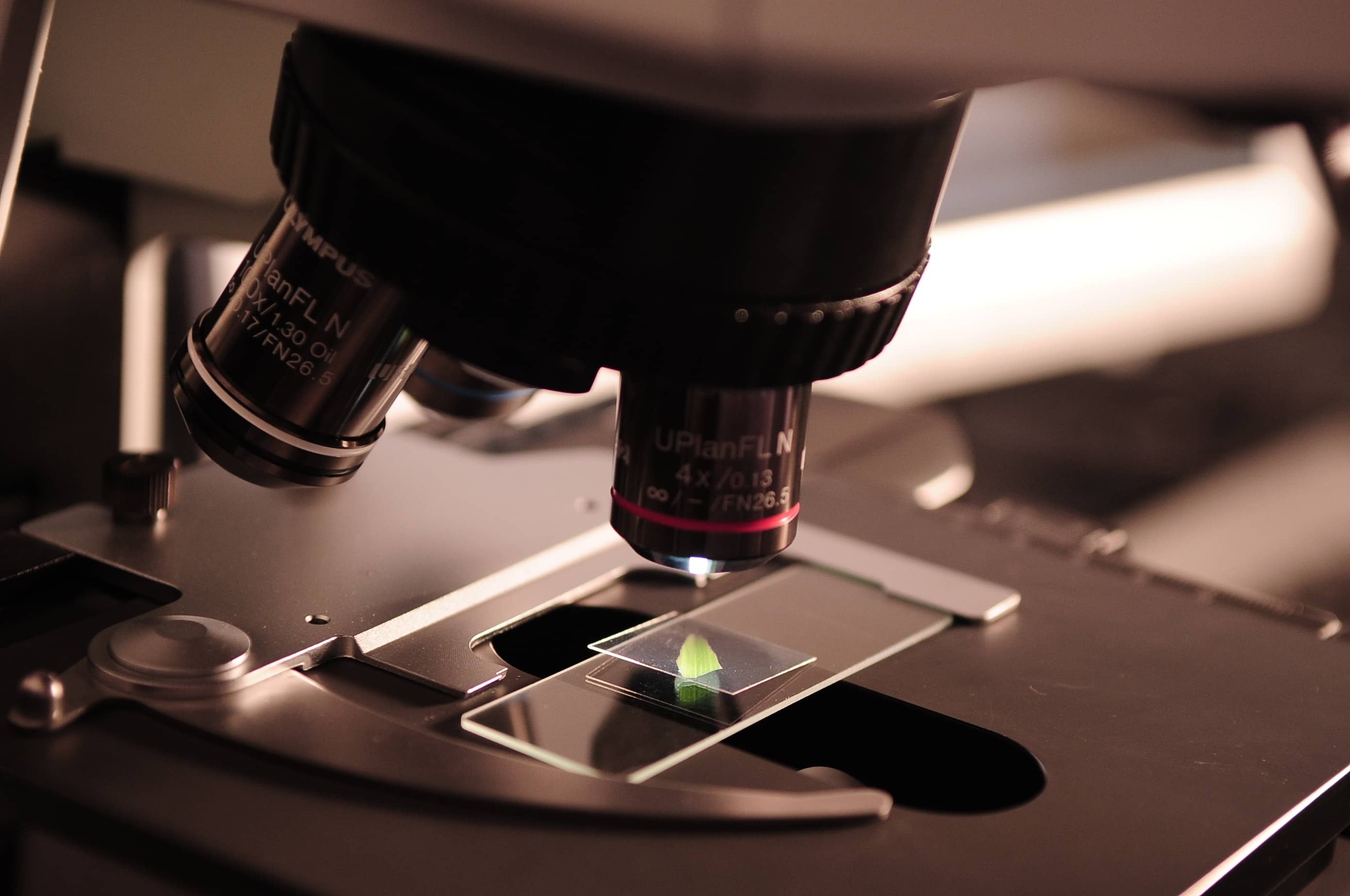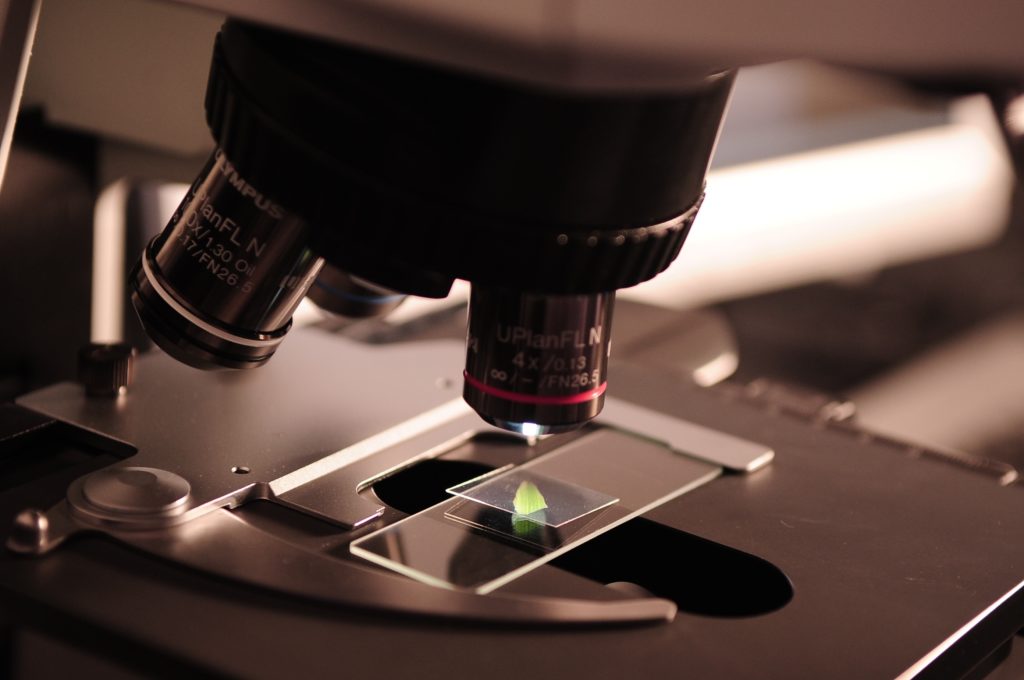
BOWLING GREEN, Ky. – Western Kentucky University will receive $460,000 in federal funding through the Fund to Improve Post Secondary Education (FIPSE) to upgrade instrumentation and equipment in five research centers in the WKU Applied Research and Technology Program (ARTP).
WKU’s funding request, submitted for Community Project Funds by United States Representative Brett Guthrie, was part of the Omnibus Appropriations Act of 2023.
“We are very excited for the infrastructure opportunity that this federal funding will provide for the WKU ARTP research centers and for our students and faculty who will directly use and benefit from this wonderful new scientific instrumentation,” said Dr. Cathleen Webb, ARTP Director. “We greatly appreciate Congressman Guthrie’s support.”
The central mission of the WKU ARTP is to provide a student-centric research program that builds capacity and workforce development through the support of scientific and service-oriented Centers, facilitates the formation of beneficial relationships and partnerships with business/industry/government, and provides educational and professional opportunities for students and faculty with centralized, state-of-the-art instrumentation and modern scientific laboratories.
“We are very excited about this grant as it will help replace some of the old instrumentation and bring in new ones to our centers,” said Dr. Ajay Srivastava, ARTP Associate Director. “These centers engage our students in hands-on research and further the research enterprise at WKU. I must recognize the leadership of Dr. Webb, ARTP Director, in ensuring that request for these funds were gathered from the ARTP centers and submitted for this FIPSE opportunity. Of course, I would be remiss if I did not recognize the efforts of Congressman Guthrie. Overall, this is great news.”
The WKU ARTP will receive the following:
- $80,000 for a gas chromatography mass spectrometer to be shared by the Advanced Materials Institute and Thermal Analysis Lab (AMI/TAL) and Applied Physics Institute. This is a primary tool used to identify the composition of gases or vaporized materials.
- $70,000 for an inductively coupled plasma optical emission spectrometer (ICP-OES) to be shared by the AMI/TAL, Crawford Hydrology Lab (CHL), and the Center for Human GeoEnvironmental Studies (CHNGES). This piece of equipment enables metals detection in a variety of substrates.
- $80,000 for a Simultaneous Thermal Analyzer 650 and Thermomechanical Analyzer 450. These instruments are fundamental to the work of the AMI/TAL center.
- $80,000 for a research grade fluorescence compound microscope for the Biotechnology Center. This equipment will add to WKU’s recognition as a leading institution for training students in microscopy and will serve as a significant draw for future faculty-mentored student research projects.
- $75,000 for expanding the capabilities of the CHL wet lab to expand student research opportunities with water flow and water quality issues.
- $75,000 for an Onset Flood Hydroinformatics Telemetry System for CHNGES to improve field measurements in early detection of flood potential, providing unique and innovative student research experiences.
“It’s great to see this investment, which reflects the excellent scholarly work produced by our faculty and the advanced training made available to our students using this research-grade equipment,” said Dr. David Brown, Dean of Ogden College of Science and Engineering.
The ARTP builds capacity in scientific areas that align with Kentucky priority growth areas in science and engineering (Biosciences, Environmental and Energy Technologies, Human Health and Development, Information Technologies and Communication, Material Science and Advanced Manufacturing).
The ARTP provides unique opportunities for undergraduate and graduate students to transition from academia to their future career through participation in supervised, hands-on applied research and technological project. Student-centric research mentored by outstanding faculty moves students forward toward their future.
The instrumentation will significantly improve the research infrastructure at WKU and provide expanded and innovative research training projects for students. WKU’s experience as an applied research and education leader uniquely positions the University to effectively and wisely use this investment to advance our student impact and growth for Bowling Green, the Commonwealth, and beyond.
About the WKU research centers
The Advanced Materials Institute and Thermal Analysis Lab (AMI/TAL) centers provide advanced instrumentation for characterizing the physical properties of materials and other analytical processes. The centers provide critical help for student research and education in materials and environmental applications. The centers supported over 80 projects and the research of nine faculty members last year, and provided hands-on learning experiences for multiple students each academic year.
The Applied Physics Institute (API) is an interdisciplinary center focused on research and technology development, research projects in materials science, advanced manufacturing, environmental and energy technologies, information technology, and nanotechnology. Faculty and student researchers are currently working together to address needs of the Kentucky agricultural community by developing portable sensors for monitoring soil, air, and water quality which increases production efficiency and better utilizes agricultural resources – a useful training opportunity for Kentucky students.
The Biotechnology Center is home to molecular biology instrumentation that has been utilized in research work with medical and scientific impact. Breakthrough work by this center has led to support from the National Institutes of Health (NIH), and ongoing research may attract additional NIH funding in the future. Every one of these grants and proposals focuses on innovative research activities with students. Additionally, multiple students trained in the center have moved successfully into medical or health research careers of their own.
The Center for Human GeoEnvironmental Studies (CHNGES) performs environmental geoscience research and provides water quality assessment using students in research and training. Many of these students become professionally certified in water quality analyses through practical experiences and training in CHNGES and its subsidiary, the EPA-Certified Water Analysis Lab. They are recognized leaders in water resource research and planning in the Commonwealth and beyond. The center’s “Best Practice Models” for solving ground water resource challenges are nationally recognized by the American Public Works Association.
The Crawford Hydrology Lab (CHL) is a nationally recognized laboratory specializing in the applied study of groundwater systems. Research from the CHL has largely focused on karst landscapes and aquifers developed in soluble limestone bedrock where caves, sinkholes, and underground rivers are common. The groundwater in these settings is highly vulnerable to contamination due to karst landscapes, which are common in Kentucky. Because the CHL is one of only a handful of labs in the U.S. with significant experience studying these landscapes, students working at CHL gain real-world experience with projects in Kentucky, throughout the U.S. and around the world. Recent student-involved projects include work to protect the cows of Chaney’s Dairy Barn, advising Kentucky Mennonite Communities drinking contaminated spring water, and partnering extensively with staff from Mammoth Cave National Park.
More information about the ARTP is available online at https://www.wku.edu/artp/ and https://www.wku.edu/artp/centers.php





